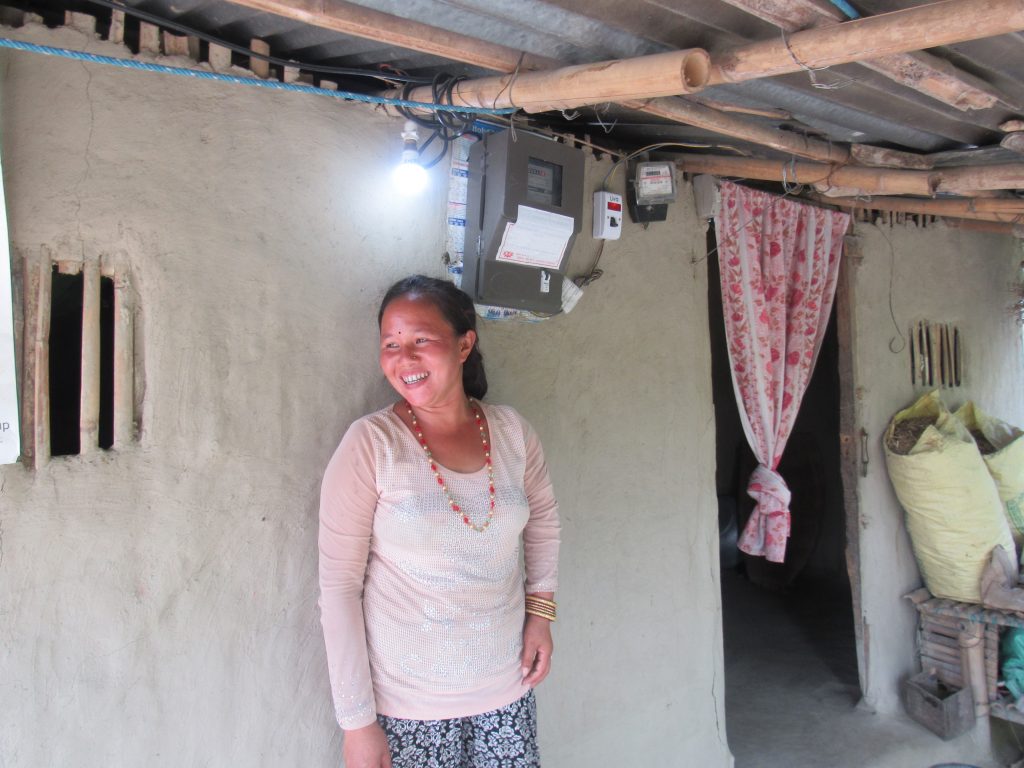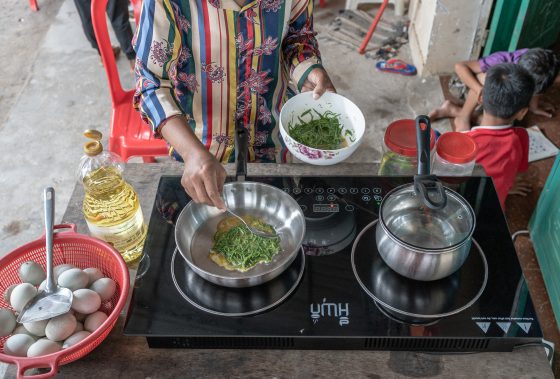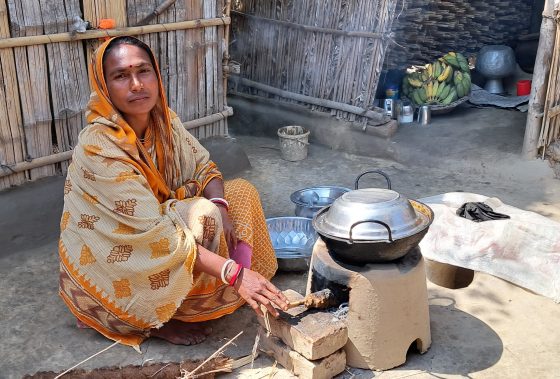
Nepal
Since 2009, the programme Energising Development (EnDev) has worked in Nepal in partnership with the Gov-ernment of Nepal to advance energy access, particularly in rural and last mile communities. At the time, large parts of the population lacked access to electricity, and the majority of rural households depended on traditional bio-mass, with serious impacts on health, livelihoods, and the environment. Over 16 years, EnDev supported on- and off-grid electrification, contributed to sustainable clean cooking market, and built local capacities for the productive use of energy (PUE). As the programme concludes in 2025, it leaves a legacy of knowledge, partnerships, and best practices embed-ded in Nepal’s long-term energy and development strategies.
Technologies used in this project
- Grid
- Hydro mini-grids
- Improved cookstoves
Country data
- People with access to improved cooking services: 457,219*
- People with access to electricity: 412,662*
- SIs with access to modern energy services: 2,071*
- MSMEs with access to modern energy services: 4,853*
- *Achievements until September 2025
Approach
EnDev Nepal facilitates sustainable energy access for rural communities through a multifaceted approach involving:
1) a revolving fund for Community Rural Electrification Entities to enable them to meet project costs for extending the
national grid,
2) grid extension support through grants to Local Government Units,
3) grid densification by covering initial connection costs for vulnerable groups and enterprises, adhering to a “leave no one behind” principle. Additionally, Endev’s long track record in hydropower development is exemplified by
4) the Micro-hydro Debt Fund which aims to mitigate perceived risks for commercial banks and encourages investment in off-grid hydropower projects. EnDev also extends its support beyond the electricity sector by fostering:
5) sustainable markets for electric cookstoves in rural Nepal to enhance clean cooking access.

Impact
In 2024, EnDev facilitated electricity access to 1,400 households through a revolving fund for grid extension. Over 40% of these households were women-headed households, and
31% belonged to marginalised groups. Notably, 29% had never had electricity before. To support electricity-based businesses, concessional loans were provided to four rural
electricity cooperatives, and two households to pay the upfront cost required by the government.
Under the “leaving no one behind” initiative, EnDev Nepal connected 400 additional households and 50 small businesses to the grid belonging to marginalised single women or women-headed households in Sudurpaschim province, further improving
energy access rates. Additionally, result-based financial support was provided to two community electricity cooperatives to restore power to households affected by landslides
and floods.
For last-mile (off-grid) electrification, EnDev collaborated with the Alternative Energy Promotion Centre (AEPC) to provide technical support for integrating micro-hydro projects into the grid. Six detailed feasibility studies were completed in 2024, with grid interconnection to be implemented in 2025. Six micro-hydro projects were connected to the national grid with funding from the Sustainable Energy Challenge Fund (SECF) and support from GIZ/REEEPGREEN’s, fostering cross-project collaboration within GIZ’s
energy portfolio. Building on previous collaboration with the International Centre for Integrated Mountain Development and AEPC, EnDev implemented three water-lifting projects using micro-hydro-generated electricity to improve irrigation, agriculture and rural livelihoods.
Additionally, EnDev rehabilitated the long-dormant micro-hydro laboratory at Purwanchal campus, improving its reliability, efficiency, and safety. Now fully operational, the lab supports research and training for Nepal’s micro/mini hydro sector.
Building on ongoing efforts, EnDev Nepal, together with SNV and Practical Action, strengthens the market for electric cooking across regions. Activities include behaviour
change support, training for distributors, and localised aftersales services. These efforts aim to increase accessibility and adoption of eCooking solutions while promoting socio- economic development and environmental sustainability.

